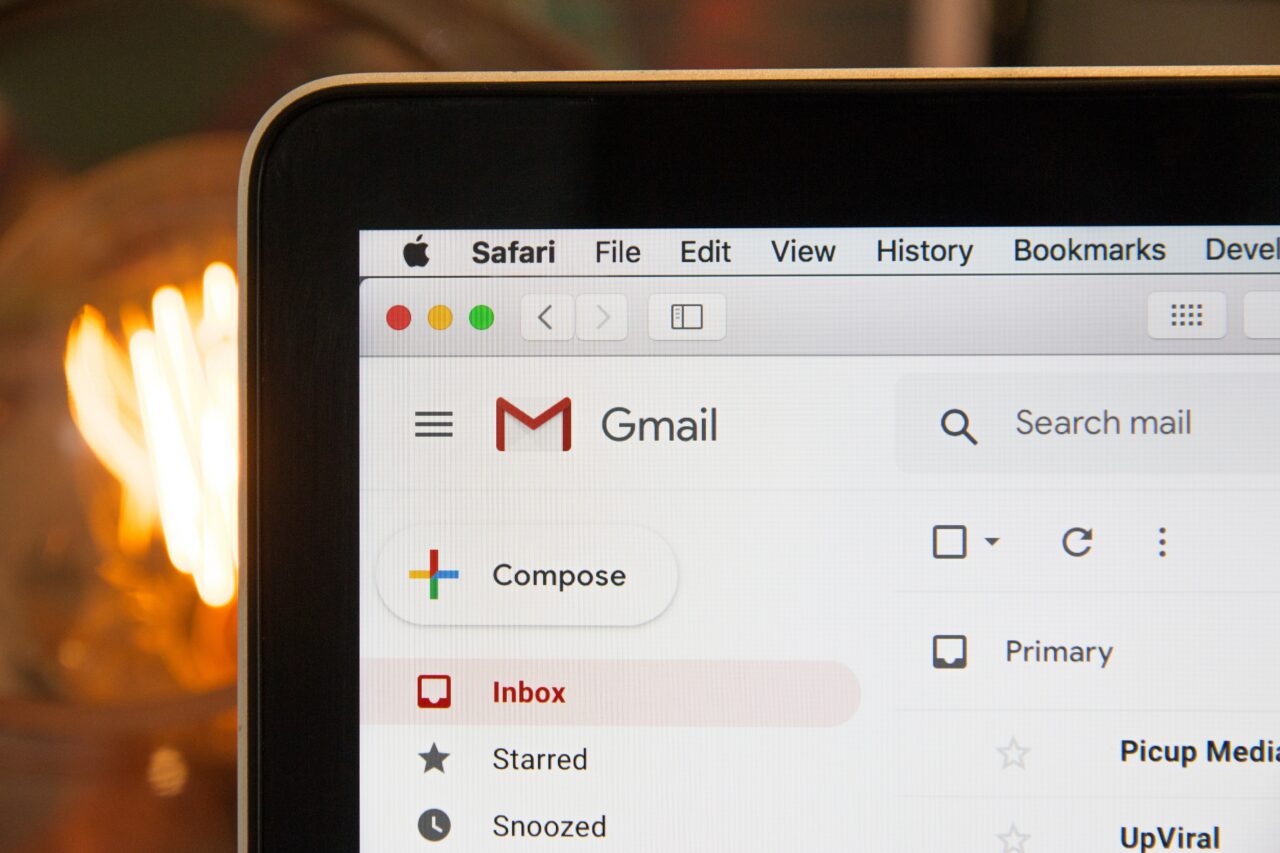You are probably aware of the trouble a candidate’s old social media posts can cause, but you might not fully realize the trouble candidates can bring down on themselves with their emails.
A reporter at a small-town newspaper told us it is not rare for him to receive leaked emails that were originally sent by elected officials, and by candidates for office. The original email was sent to a trusted person, who then passed it on to another trusted person…and at some point, one of these trusted people passed it along to the local press.
So, as a potential candidate, it’s best to imagine your e-mail will be read by the rest of your world – and everyone else.
Perhaps surprisingly, this is more of a problem for candidates than it is for people who have already won an elected office. If you’re an office holder and you take a position on some particularly controversial or difficult issue, your email (and public) statements will likely already be known by your opponents and the local media and will have already crossed the public’s radar.
But if you’re a new candidate running for office, an opponent who receives a leaked email can introduce it to the public and can choose the most inopportune time to do it — say at a candidates’ debate. (And from there it goes into media reports as well.) If you don’t already hold office, you are probably not a known commodity, and you’re in more danger of being defined by your email gaffe.
And make no mistake, an email gaffe is worse than a spoken gaffe.
You might be forgiven for tripping on your own tongue, because everyone does from time to time, but this is different.
An e-mail means you sat down and deliberately composed this.
Your email might have felt innocuous when you sent it, but anything in writing – your musing on a civic issue, your criticism of another candidate, or your joke that missed the mark – will take on the tone of a seriously considered declaration when it’s trotted out in stark black and white. There is no context. There is nothing you can add with a wink or wry smile as you could if you said it in person.
No, the e-mail will stand alone.
Let’s pause here to emphasize a specific common pitfall in emails, and in social media: the unnecessarily partisan statement. Your own candidacy might be strongly conservative or liberal, but if you’re running for a nonpartisan office, you want votes from Democrats and Republicans. A Democrat, for instance, might have no problem with the conservative values you bring to your campaign, but if he thinks you just don’t like him, you just lost his vote.
So begin this habit now: After you’ve composed your email, take a breath, look away from it, then give it a separate read to determine whether someone who isn’t on your team could make hay with it.
If the answer is “Maybe,” then the answer is “Yes.”
Back to social media for a moment: It’s worth noting that not all damaging posts appear even remotely risky when they’re made. For instance, a playful “party all night” photo or video will be understood in its context by your friends. But if, say, liquor licenses for businesses become a big issue in your locality, that playful post could leave the impression that your libertine ways aren’t right for the times. Or perhaps your actions suggest you prefer one side to another.
Fair? No. But welcome to politics. These are the rules of this game.
Do you need help with your social media? Are you running for office and a stray (originally harmless) e-mail has found its way onto Facebook or NextDoor and you’ve got a brewing “viral” problem on your hands?
At ElectionContender.com there are people who can help. Join today.

